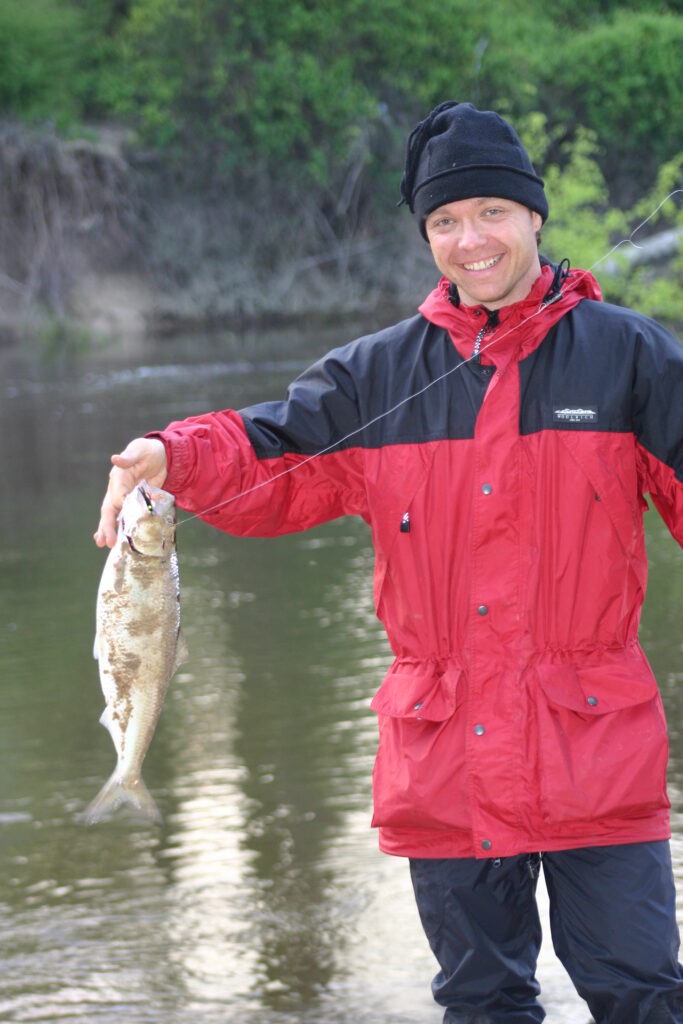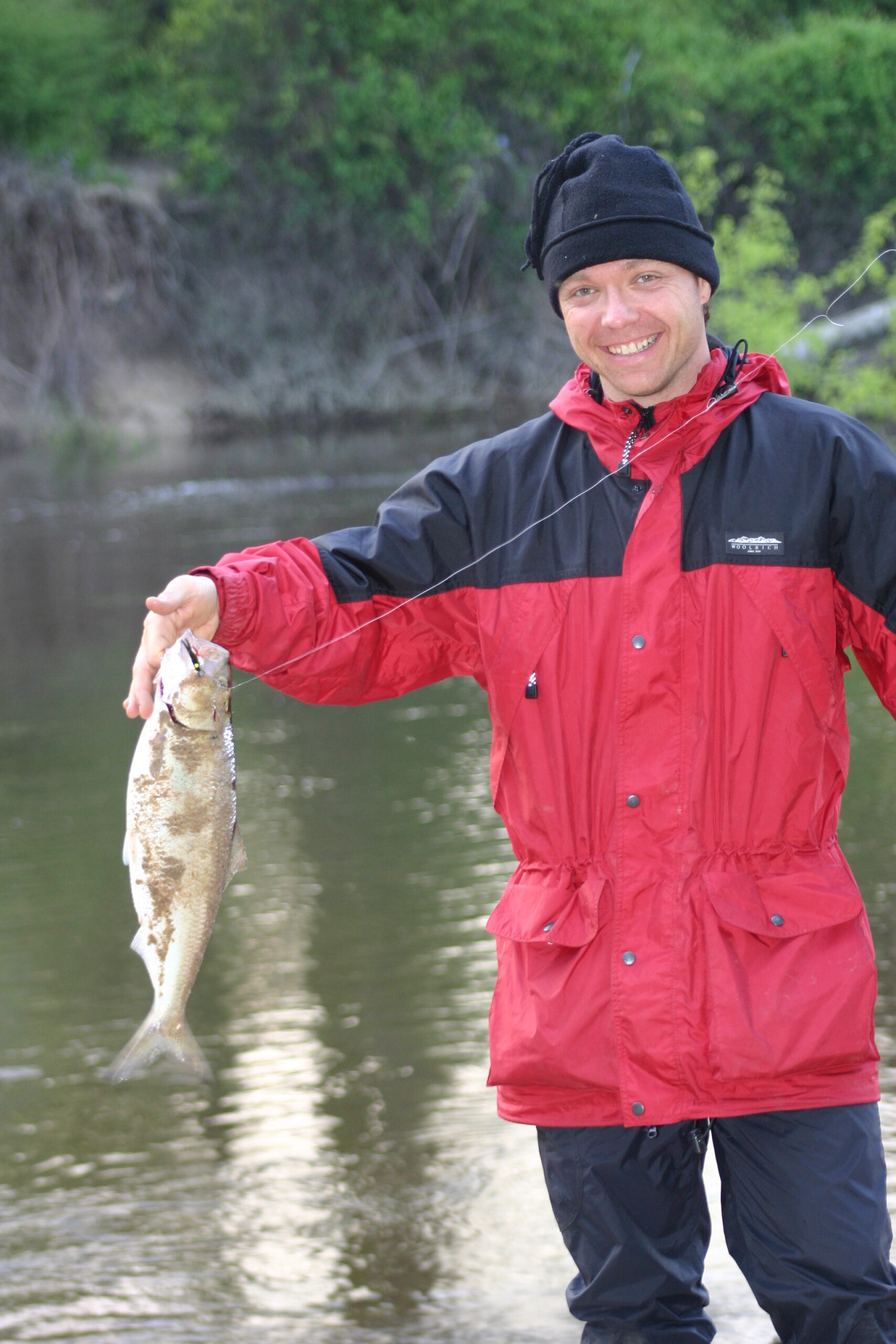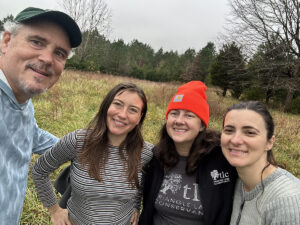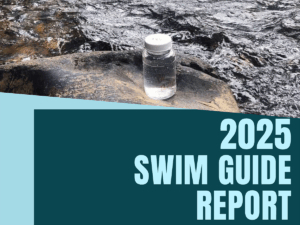News
Fish Consumption Guide Completed for Triangle Area
Posted on January 27th, 2016
Our Upper Neuse Riverkeeper and Sound Rivers partnered with UNC School of Public Health to educate anglers  about fish consumption advisories. Just this month UNC completed a wonderful brochure regarding fish consumption advisories for NC and specifically Lake Crabtree. The Lake was contaminated with dangerous levels of PCBs, originating from the Ward Transformer Company, now a Superfund site.
about fish consumption advisories. Just this month UNC completed a wonderful brochure regarding fish consumption advisories for NC and specifically Lake Crabtree. The Lake was contaminated with dangerous levels of PCBs, originating from the Ward Transformer Company, now a Superfund site.
Background
In 2005, our organization became actively involved in addressing PCB contamination caused by the Ward Transformer site when the former Upper Neuse Riverkeeper joined a PCB Taskforce convened to study EPA’s proposals for the cleanup and to assemble recommendations that would support the health and well-being of local communities and the environment.
Record of Decision (ROD)
In September of 2008, the U.S. Environmental Protection Agency (EPA) issued an official decision document on the cleanup of PCB chemical contamination at the Ward Transformer Site, located adjacent to the Raleigh airport and headwaters of Brier Creek. The official document is the Record of Decision (ROD) and requires the parties conducting the cleanup to take various actions. In this case, the contamination extends well beyond the boundaries of the immediate site.
Due to the severity of PCB contamination at the site, the Ward transformer facility, along with the surrounding areas including the upper portion of Brier Creek, has been classified by the EPA as a Superfund Site. More than 150,000 tons of contaminated soil/sediment were removed and safely disposed of off-site or had the PCBs removed from it by low temperature thermal desorption (LTTD). However, the downstream contamination is being treated as a separate project that is still in the planning phase. Due to public concern, the recent EPA Record of Decision (ROD) includes more investigation and cleanup than in the original Proposed Plan, but the ROD does not address the concerns over PCBs in the reservoir or the lake. The ROD specifically does not address the chemical pollution in Crabtree Lake, thus the fish consumption advisories will remain in effect for the foreseeable future.
Under the current ROD, Brier Creek Reservoir, Lake Crabtree, and Lower Crabtree Creek will have no soil/sediment removal, and will use a form of cleanup called Monitored Natural Recovery (MNR). MNR basically allows the community to sit back and wait as natural processes very slowly degrade the chemical contamination until it is no longer a problem.
Other Links for Information:
- East Fish Wisely website created by UNC Superfund Research Program
- News and Observer Article, 2014 “Toxic cleanup shifts from dirt near RDU to region’s streams, lakes”
Related News

Kingsboro data center concerns spark big turnout
December 4th 2025

Specialist tracking down sites for yearlong Slocum sampling
December 4th 2025

Tell EPA to ditch the 'Polluted Water Rule'
December 4th 2025

Riverkeeper delivers results at community grant program event
December 4th 2025

Riverkeeper graduations EJ Leadership academy
December 4th 2025

Sound Rivers' online store!
November 26th 2025

Riverkeeper tours Lick Creek conservation property
November 26th 2025

2025 Swim Guide Report
November 26th 2025

